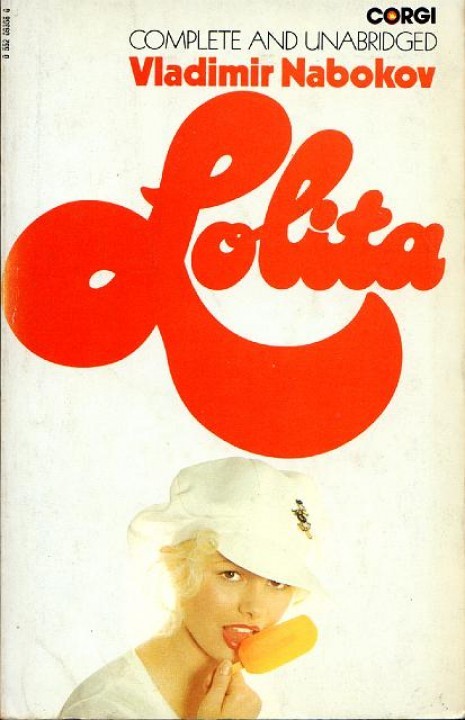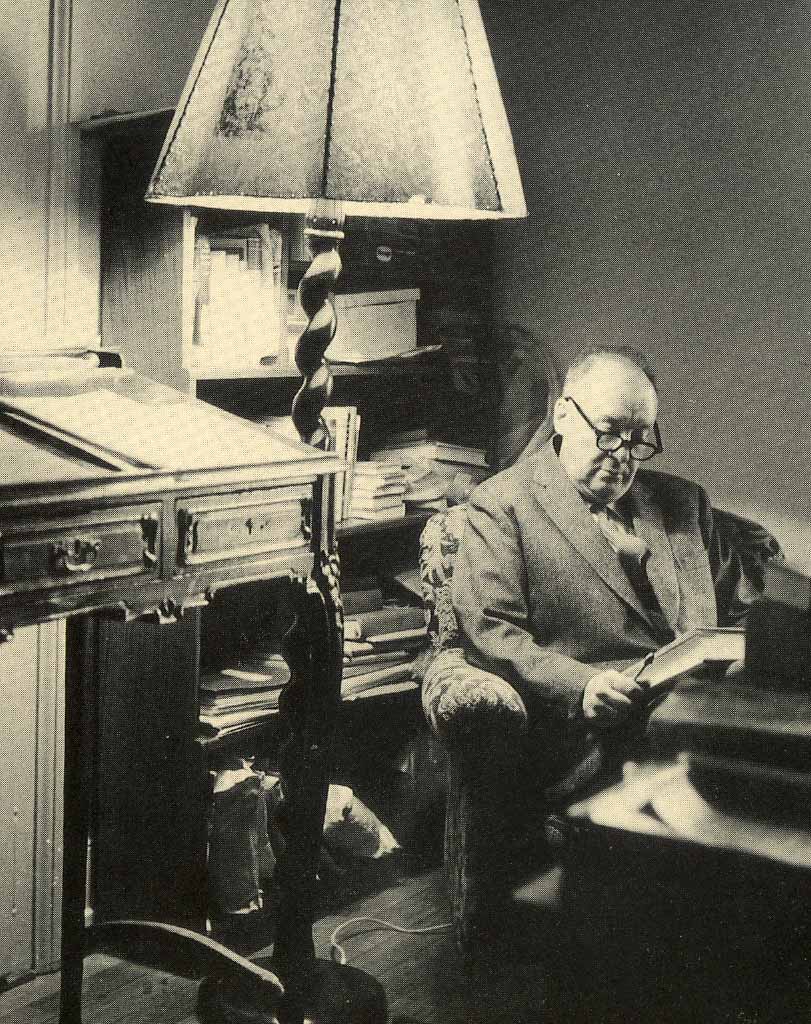
The Master's Voice
I have always had a number of parts lined up in case the muse failed. A lepidopterist exploring fabulous jungles came first. Then there was the chess grand master, then the tennis ace with an unreturnable service, then the goalie saving a historical shot, and finally, finally, the author of a pile of unknown writings - Pale Fire, Lolita, Ada - that my heirs discover and publish.
- Vladimir Nabokov in a 1977 BBC interview
...turning to the title-page butterfly, its head is that of a small tortoise, and its pattern that of a common Cabbage White butterfly (whereas the insect in my poem is clearly described as belonging to a group of small blue butterflies with dotted undersides), which is as meaningless...as would be a picture of a tuna fish on the jacket of Moby Dick. I want to be quite clear and frank: I have nothing against stylization, but I do object to stylized ignorance.
- Nabokov, 1959 to publisher
I do have a story for you - but it is still in my head; quite complete, however; ready to emerge; the pattern showing through the wingcases of the pupa.
- Nabokov, 1946 letter to Katharine A. White

June 12, 1951
Dear Irofessor Finley,
Many t anks for your delig tful letter. Yes, I think would be able to arrange a course of t e general tyoe you suggest, orovided you allow me some individual latitude. In my lectures I emo asize t e artistic side of literature. I visualize a course t at would not clas wit your conceot of t e connections between narrative genres. It would deal wit questions of structure, develooment of tec nique, t emes (in t e sense of 't ematic lines"), and imagery and magic and style. I certainly could link uo to my study of nineteent century fiction wit t ematic lines running t rough such initial masteroices as t e Iliad or te Slovo; but my main ouroose would be to analyze suc artistic structures as Mansfield Iark (and its fairy-tale oattern), Bleak ouse (and its c ild-and-bird t eme), Anna Karenin (and its dream-and-deat symbols), ten t e "transformatino" t eme, as old as t e oldest myt s, in one lumo consisting of t ree stories (Gogol's Overcoat, Stevenson's Jekyll and yde and Kafka's Metamoro sis), and finally the jardins suoerooses of Iroust's style in is first volume Swann's Way. If t is is too muc, eit er Bleak or Mansfield may be sacrificed. It seems to me t at t is orogram does not really deviate from yours since in the long run it deals with t e istorical evolution of symbols, of images, of ways of seeing t ings and conveying one's vision. After all, Homer, and Flaubert, and Gogol, and Dickens, and Iroust are all members of my family. I only hooe t at t e "added stiooend" will be adequate - if, of course, my course outline meets with your aooroval.
In any case I am looking forward to seeing a lot of you and Harry Levin next soring.
Sincerely yours,
Vladimir Nabokov
I.S. T is tyoewriter is falling aoart but a new one is on its way.

Dear Laughlin,
Would you be interested in publishing a timebomb that I have finished putting together? It is a novel of 459 typewritten pages.
If you would like to see it, the following precautions would have to be observed:
First of all, I would have to have your word that you alone would read it. Everything else could be settled later. You would further have to give me an address where the MS could reach you personally and directly. This is a very serious matter for me, as you will understand after reading the work.
Sincerely,
Vladimir Nabokov
Laughlin was out of the country and unable to read the typescript of Lolita.
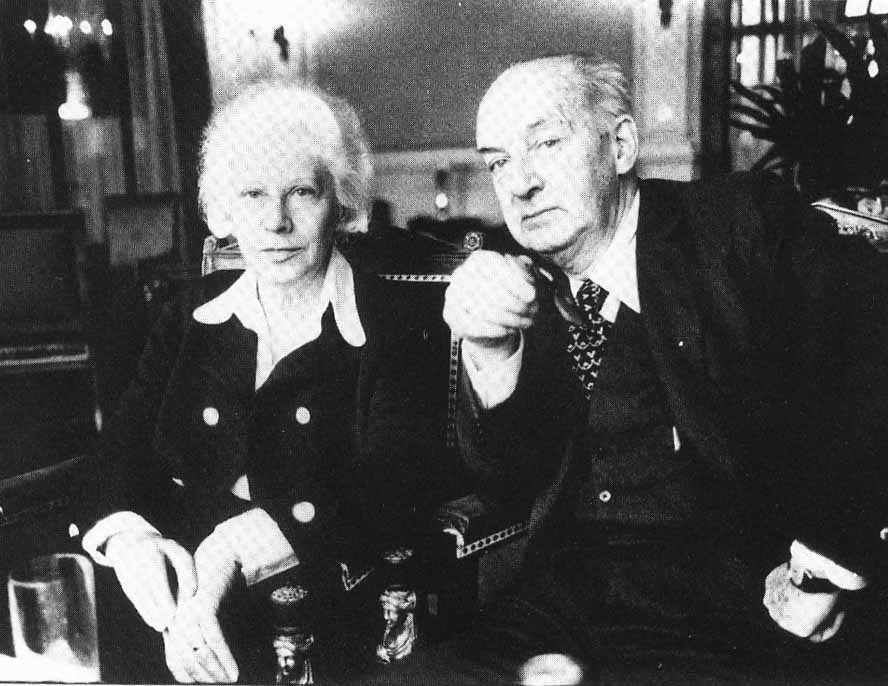
March 12, 1955
Dear Mr. Epstein,
Here is a short list of works which ought to be retranslated and which might be presented in the following form:
I. A volume which might be titled "Three Duels", and which would contain:
Pushkin's THE PISTOL SHOT
Lermontov's PRINCESS MARY
Chehov's THE SINGLE COMBAT.
2. "Three Fantasies" - a trio of fantastic tales -
Pushkin's THE QUEEN OF SPADES
Gogol's THE NOSE
Doestoevski's THE DOUBLE (by far the best thing Dostoevski ever wrote)
My favorite project, however, is Lermontov's THE HERO OF OUR TIME, a novel consisting of five stories (of which PRINCESS MARY is one).
If you are interested in any of these works, I shall explain in more detail what is wrong with the old translations (for instance, with Yarmonlinski's "The Pistol Shot" or Guerney's "The Queen of Spades"). My protege is none other than my son who will be graduated from Harvard this spring. He is a young Russian scholar and a budding American author in his own right. He has done some very creditable translations for me, and I would undertake to control and revise and work on the lines suggested here.
Sincerely yours,
Vladimir Nabokov
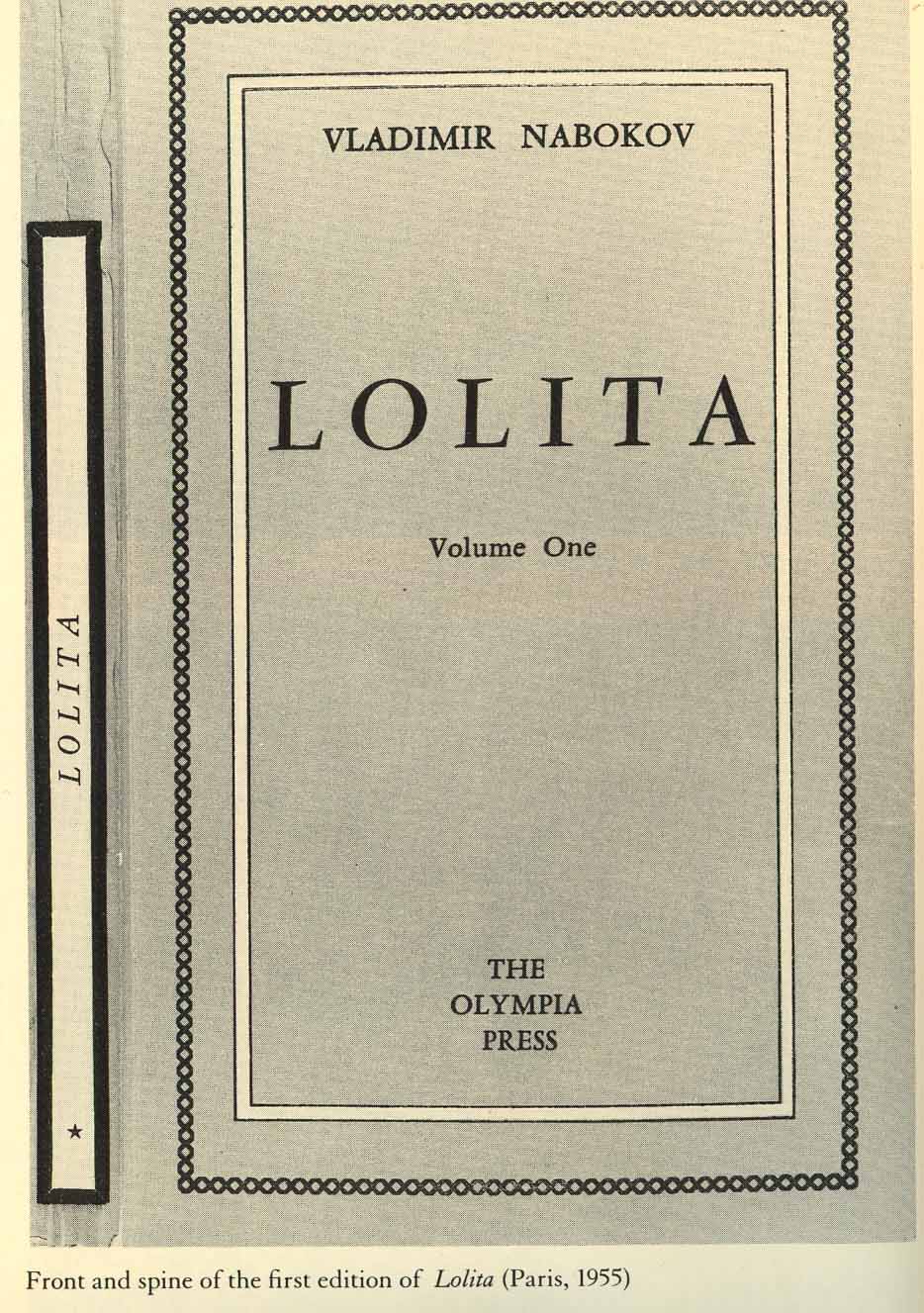
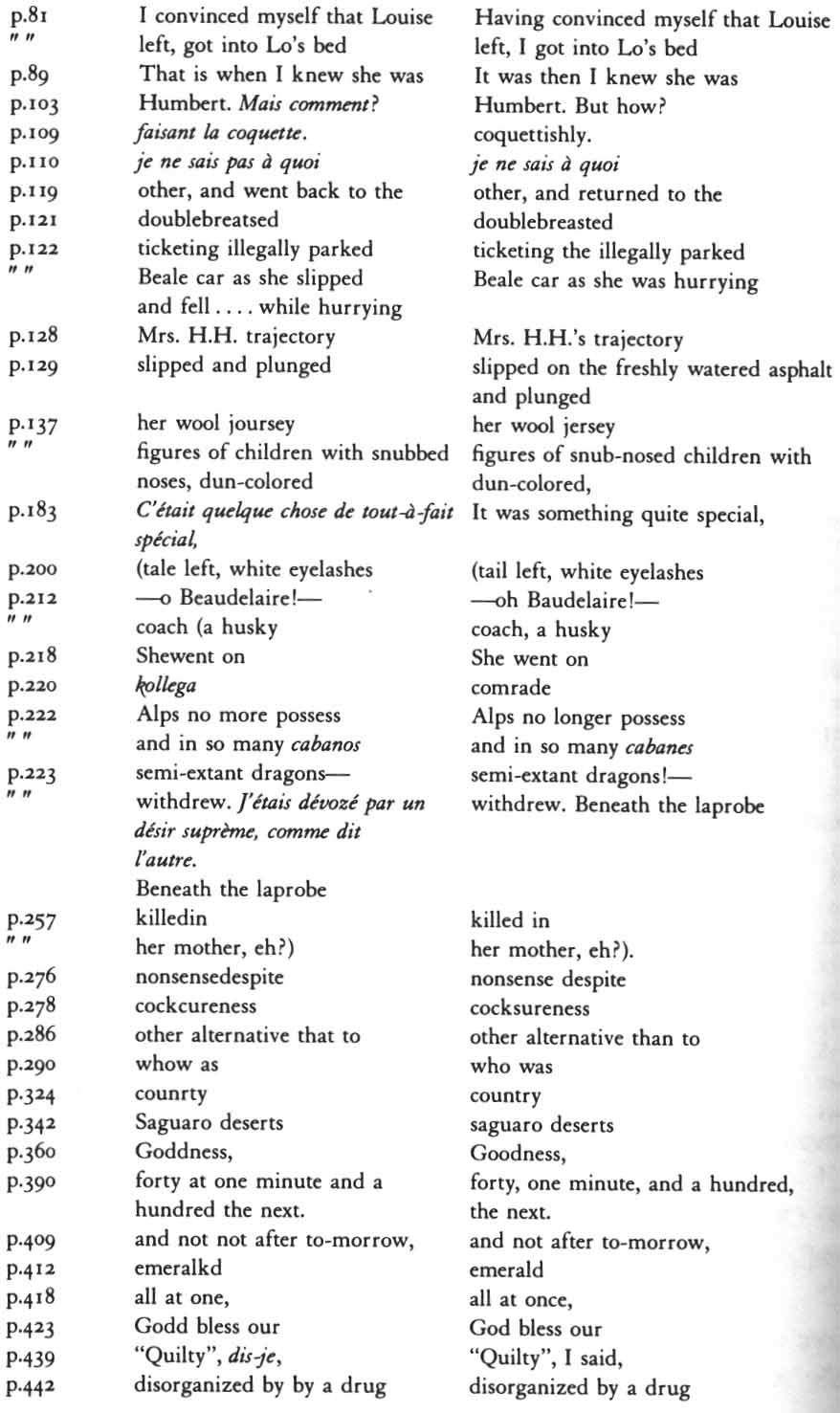 1955 corrections to the manuscript of LolitaNovember 28th, 1964
1955 corrections to the manuscript of LolitaNovember 28th, 1964
Dear Mr. Hitchcock,
Many thanks for your letter. I find both your ideas very interesting. The first would present many difficulties for me because I do not know enough about American security matters or methods, or how the several intelligence bureaus work, separately and together.
Your second idea is quite acceptable to me. Given a complete freedom (as I assume you intend to give me) I think I could turn it into a screenplay. But there would be a matter of time. What delays did you have in mind? I am at the present very busy winding up several things at once. I could devote some thought to the screenplay this summer but could hardly settle down to work on it yet. Please let me know what are your ideas about this.
In the meantime, I, too, would like to give you a short resume of two ideas of my own. You will find them, very badly jotted down, on the separate sheet attached to this letter. Please let me know what you think of them. If you like them, we might discuss their development.
It was good talking to you on the telephone.
With best wishes,
Sincerely yours,
Vladimir Nabokov
I.
A girl, a rising star of not quite the first magnitude, is courted by a budding astronaut. She is slightly condescending to him; has an affair with him but may have other lovers, or lover, at the same time. one day he is sent on the first expedition to a distant star; goes there and makes a successful return. Their positions have not changed. He is the most famous man in the country while her starrise has come to a stop at a moderate level. She is only too glad to have him now, but soon she realizes that he is not the same as he was before his flight. She cannot make out what the change is. Time goes, and she becomes concerned, then frightened, then panicky. I have more than one interesting denouement for this plot.
Hitchcock replied that this idea was not in his genre.

II.
While ignorant of the workings of American intelligence, I have gathered considerable information regarding those of the Soviets.
For some time now I have been thinking of writing the story of a defector from behind the Iron Curtain to the United States. The constant danger he is in, the constant necessity to hide and be on the lookout for agents from his native land bent on kidnapping or killing him.
I would have this man meet a benevolent American couple who would offer him the security of their Western ranch. But these would turn out to belong to certain pro-Soviet organizations and would betray him to his pursuers. I have in mind some marvellous scenes at the ranch and a very tragic ending.
Hitchcock responded that this idea had been used for The Iron Curtain (1948).
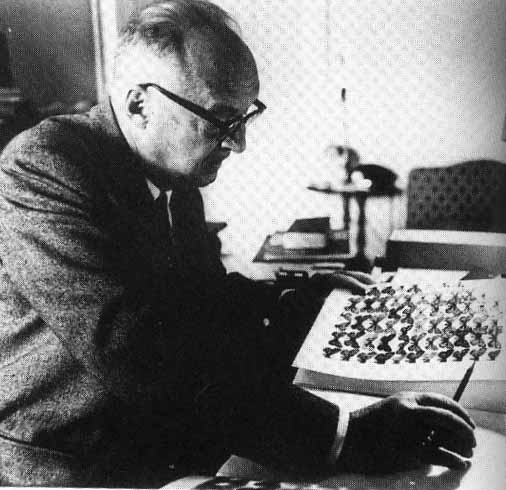
Download the unabridged audiobook of Lolita here.
